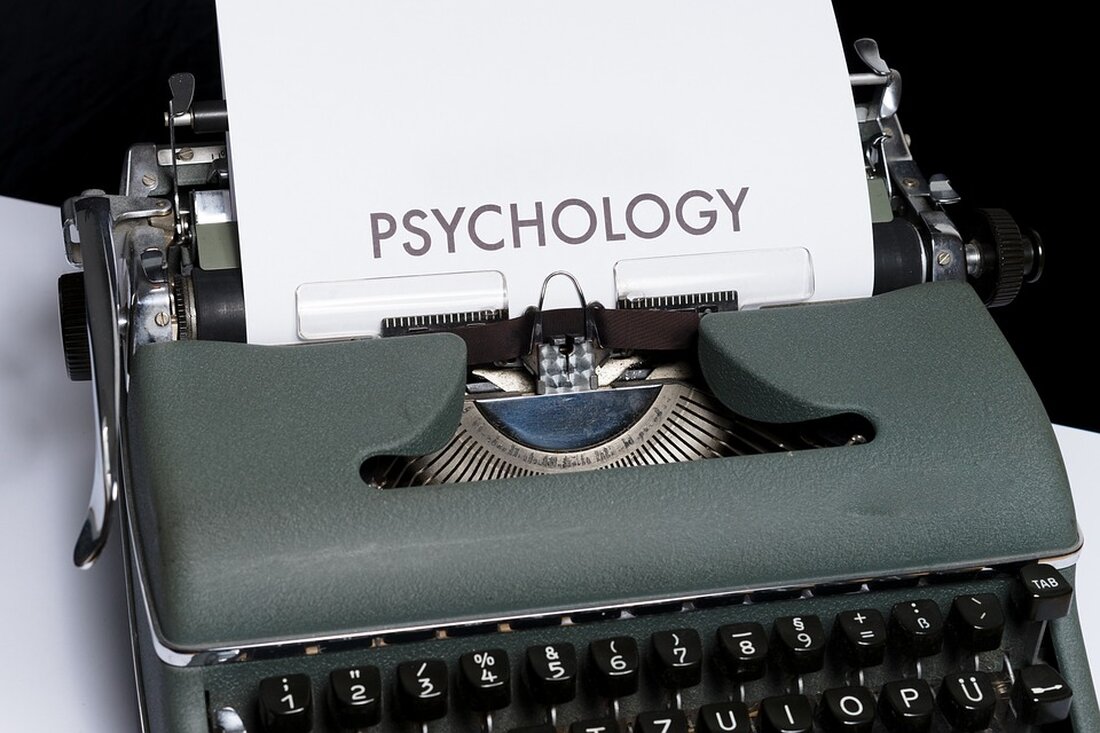AI in diagnostics: New approach reliably discovered rare diseases
Discover how a new AI model revolutionizes medical diagnostics! Researchers from the Ludwig Maximilians University in Munich are developing an anomaly detection that learns from frequent findings in order to reliably identify rare diseases. Learn more about the advantages of this technology and its potential effects on pathology.

AI in diagnostics: New approach reliably discovered rare diseases
The future of medicine now has an exciting new coat of paint! Artificial intelligence (AI) could soon revolutionize the way doctors diagnose diseases, with a groundbreaking approach that is based on the latest level of knowledge. In an impressive cooperation, Kluge heads from the Ludwig Maximilians University in Munich and the Technical University of Berlin with the Charité-University Medicine Berlin found an innovative way to use AI more effectively for medical diagnostics.
Professor Frederick Klauschen, director of the pathological institute in Munich, speaks plain text: "The challenge is to recognize rare diseases. Our current AI models often reach their limits with them." But now there is hope!
a revolutionary approach
Districts have developed a AI model that is no longer dependent on a wealth of examples of rare diseases. Instead, the new system focuses on anomalies: "We learn from the normal," explains Klauschen. With an meticulous analysis of microscopic images that come from more than 17 million histological images, the model is enjoyed, i.e. trained to recognize deviations from the normal without having to be specifically prepared for rare diseases.In a study published in the respected specialist magazine New England Journal of Medicine AI, the scientists were able to prove that their model reliably recognizes the rarest illnesses. The most common findings, such as chronic gastritis, represent 90 percent of cases. The remaining 10 percent? A colorful smorgasbord of 56 different clinical pictures, including some rare types of cancer!
The key to fast diagnoses
How revolutionary is this approach? Extremely! The new AI model could make diagnosis in the pathology drastically easier. Professor Klaus-Robert Müller from the Technical University of Berlin emphasizes: "Our model can recognize anomalies with a high level of reliability-something that cannot do any other published AI tool!" This could relieve pathologists enormously.
The effects are huge! Klauschen reveals: "Doctors could diagnose up to a third of cases faster, which means an enormous time saving." In addition, the model can help to avoid overlooked diagnoses and to set priorities in case processing. What a leap into the future of diagnostic technology!
The team is optimistic: the technology is further refined and can therefore mean a decisive step towards more efficient medical care.
Publication: J. Dippel & N. Prenißl et al.: Ai-Based Anomaly Detection for Clinical-Grade Histopathological Diagnostics. NEJM AI 2024

 Suche
Suche
 Mein Konto
Mein Konto
